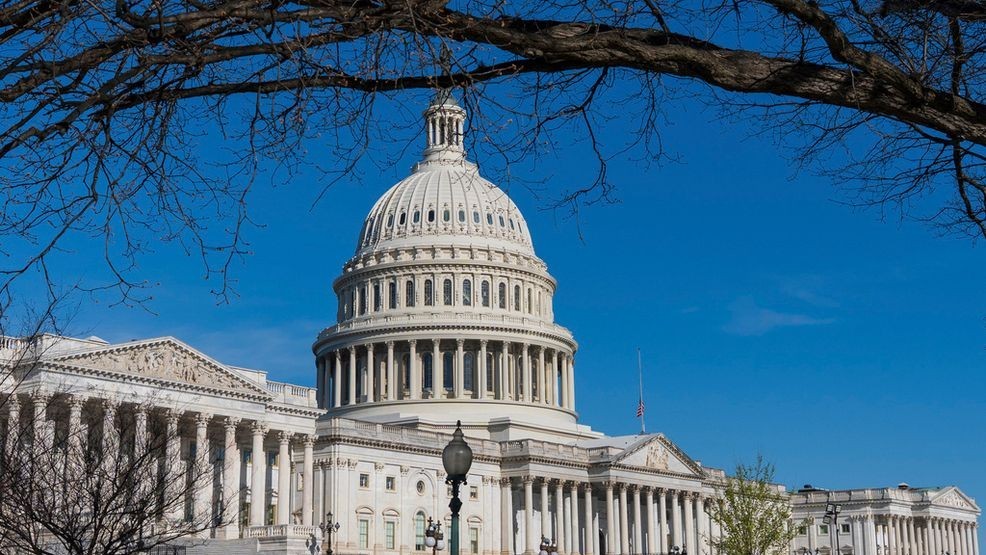Schenectady — More than 100 institutions, unions and organizations from tech workers to teachers have signed on to a letter in opposition to a portion of Congress’ reconciliation package which would put a 10-year moratorium on a State’s ability to enforce Artificial Intelligence legislation.
Last week, CBS6 reported that more than 50 New York State Senators also signed on to a letter about this proposal. The latest letter, drafted by non-profit Demand Progress, says in part that if this were enacted, for the next decade big tech companies could create harmful AI technologies without being held accountable.
“The question is whether we, the people, through the voices of our elected representatives in our States and at the federal level, are going to have a voice in what [AI legislation] looks like, or whether that will be entirely up to industry and money to decide. And I am of the belief that public input is critical to making sure that these that this technology develops in a way that’s going to be pro-society and is going to lead to the kind of benefits that it could lead to, instead of the harm that that might end up happening,” Emily Peterson-Cassin, Demand Progress Corporate Power Director, says.
You can read the letter, which is signed on by groups like the Alphabet Workers Union, Amazon Employees for Climate Justice, Mozilla, and the American Federation of Teachers, here.
House Republicans argue that as several states adopt legislation or guardrails, it is becoming more difficult to address Artificial Intelligence on the national level.
The legislation in the reconciliation package reads:
PART 2—ARTIFICIAL INTELLIGENCE AND INFORMATION TECHNOLOGY MODERNIZATION Section 43201. Artificial intelligence and information technology modernization initiative. Subsection (a) would appropriate $500,000,000 to the Department of Commerce for fiscal year 2025, to remain available through September 30, 2035, for the purpose of modernizing and securing federal information technology systems through the deployment of commercial artificial intelligence, automation technologies, and the replacement of antiquated business systems.
Subsection (b) states that the Secretary of Commerce shall use these funds to support the replacement and modernization of legacy business systems with state-of-the-art commercial artificial intelligence systems and automated decision systems, the adoption of artificial intelligence models that increase operational efficiency and service delivery, and improve the cybersecurity posture of Federal information technology systems through modernized architecture, automated threat detection, and integrated artificial intelligence solutions.
Subsection (c) states that no state or political subdivision may enforce any law or regulation regulating artificial intelligence models, artificial intelligence systems, or automated decision systems during the 10-year period beginning on the date of the enactment of this Act.
Subsection (d) provides definitions for key terms used in the Act, including “artificial intelligence”, “artificial intelligence model”, “artificial intelligence system”, and “automated decision system”.
